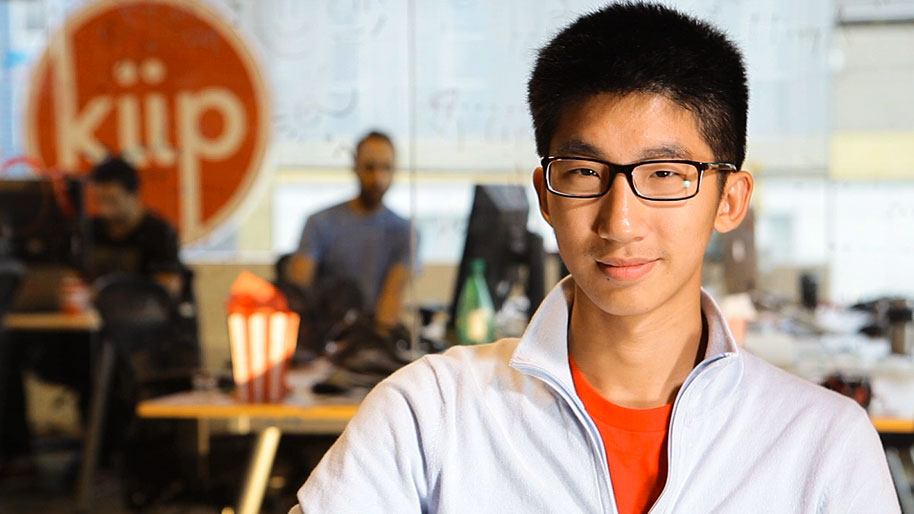What do you know about Generation Z? Born in the 1990s, they are beginning to enter the global workforce in greater numbers – and they mean business.
Gen Z arrived into an internet-ruled world, and grew up alongside the first phase of social media. While Generation Y – also known as millennials – were known for their entrepreneurialism, Gen Z are more entrepreneurial and independent than ever.
A large proportion of them want to start their own business, rather than be employees, and most are determined to turn their hobbies into full-time jobs.
In a world where everyone advertises their success on their social networks, they feel pressured to gain professional experience at a young age and they often hop between jobs.
>See also: Competitive, impatient and narcissistic: Is your workplace ready for Generation Z?
The introduction of smartphones and tablets has made them the ?rst digitally innate generation – and they regularly multitask across five screens. They are high in self-esteem, eager to network, and have an intense interest in new communication technologies.
They also want to make a difference and have an impact on the world. They were young when 9/11 shook the world, but its impact instilled elements of social justice and philanthropy in the paths they wish to take.
The Sauder School of Business at the University of British Columbia (UBC) in Canada has recognised these traits among both Generation Y and Z, and encourage their students to turn their ideas into businesses.
Rather than the traditional one-way teaching environment of old, the Sauder School of Business is now seen as much a platform for molding the next generation of innovators than educating them on the foundations of business.
Significantly, it urges its students to think globally by drawing from the internationalism of being based in Vancouver.
Bradley Pierik is one UBC graduate who has benefited from this. His company, Tapp Global, created a self-cleaning, zero-maintenance water filter designed for families in developing countries. The innovative product has been used in disaster relief and international development projects.
“I got the idea for Tapp when I was working for a variety of small charities that worked in developing countries all over the world,” Pierik said. “We needed to make a water filter that is really simple, and we had a lot of great water treatment technologies that I felt we weren’t using very well.
“This is the only product that has been developed by an actual aid worker. I’ve lived in developing countries and some really harsh environments, and I’ve seen a lot of people get really sick and die from waterborne disease that’s frankly really easy to avoid.
“I got really excited about working in this field because here’s a massive global problem that we can actually crack. I find that really empowering and exciting, and it makes me really passionate about my work.”
Another UBC alumni, Maryanne Mathias, sought to make a difference through her passion for fashion. She co-founded Osei-Duro, a social enterprise that produces hand-dyed clothing in Ghana for a global consumer-base while providing locals with livable wages and valuable job skills.
Despite her company’s positive effect on the Ghanaian community, Mathias refuses to use that as a selling factor.
>See also: Generation Z welcome the death of the password but lag behind their elders in security know-how
“Osei-Duro helps a lot of people but it’s not a charity,” she says. “We believe all businesses should be intrinsically ethical. The liveable wages and the jobs skills and training are integral to our business – we wouldn’t be the brand we are now without that, but we don’t choose to exploit that.”
In 2010, one year after graduating from UBC, Brian Wong became one of the youngest business leaders to ever receive funding from a venture capital firm.
His company, Kiip, transformed how advertisers monetise the popularity of gaming apps by allowing them to offer commercial offers – ‘rewards’ – for the players’ virtual achievements. It has received $15.4 million in funding and is active on more than 1,100 apps played on 75 million devices.
But these aren’t UBC’s only success stories. Whether it be Recon Instruments’ Dan Eisenhardt introducing the world’s first heads-up display products for a consumer market, or Janice Cheam’s Neurio product helping householders save on electrical bills, these entrepreneurs are showing that the Sauder School of Business knows how to hone this generation’s skills for the real world.










